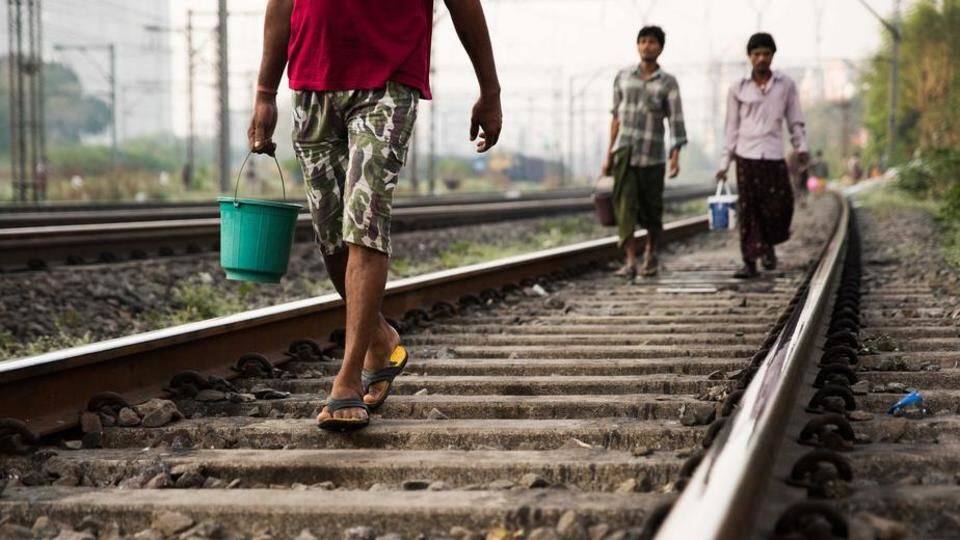
Here's how a social enterprise is facilitating India's toilet revolution
What's the story
India has set aside $40bn to ensure it's open-defecation free by 2019. But it will take a lot more than just building toilets to make over half a billion Indians use them. Enter social entrepreneurs, who are bridging the gap between government provisions and people's requirements. Here's the story of one such enterprise that's using human excreta to provide toilets and safe drinking water.
Profile
Shri is building toilets, creating-awareness in Bihar's poorest regions
Shri, or Sanitation and Health Rights in India, is using innovation to make toilets and drinking water accessible in Bihar's poorest regions. It builds toilets and also runs awareness campaigns to sensitize people about the benefits of using them. Its first community toilet was constructed in Bihar's Nemua village in 2014. The facility has 16 toilets divided equally between men and women.
Heath concern
569 million Indians still defecate in the open
Though open defecation is on the decline around the world, 950 million people still do it. Of them, about 569 million live in India, claimed a National Geographic report published in August 2017. It said the problem wasn't just a lack of toilets, but lack of clean toilets that people wanted to use, resulting in millions of deaths and stunted lives.
Details
Locals use Shri toilets for free
Shri has built toilets in five villages so far, each of which, it claims, is used about 800 times every day. They are open from 4am to 10pm. Though each facility requires an initial investment of about $30,000, locals use them for free. Shri recovers its start-up cost and the money needed for upkeep and maintenance by processing people's poo collected from the toilets.
Innovation
Electricity generated from poo used to provide drinking water
Shri doesn't stop at building toilets. It uses the toilet waste to provide filtered drinking water to locals at Rs. 0.5/litre. The poo is channeled into a biodigester to generate electricity for pumping groundwater and filtering it. The revenue earned from water sales is used for maintaining the toilets. Shri claims that it currently sells about 3,000 liters of filtered water every day.
Future
Shri wants to work with government for big results
Shri was founded by social entrepreneurs Prabin Kumar, Chandan Kumar and Anoop Jain in 2010. While it monitors and supervises operations, Shri has given the task of everyday maintenance of toilets to communities. Though they target villages where government facilities haven't been able to penetrate yet, the founders expect government support to help them contribute significantly in making India open-defecation free.
Plans
PM Modi wants India to be open-defection free by 2019
Toilet-building and behavior-change is Swachh Bharat Abhiyan's primary objective. Launched by Prime Minister Narendra Modi on October 2, 2014, with the slogan "toilets before temples," it aims to build over 100 million new toilets in rural India by 2019. In 2015, the United Nations also called for an end to open defecation. But it gave the world time till 2030 to achieve the goal.